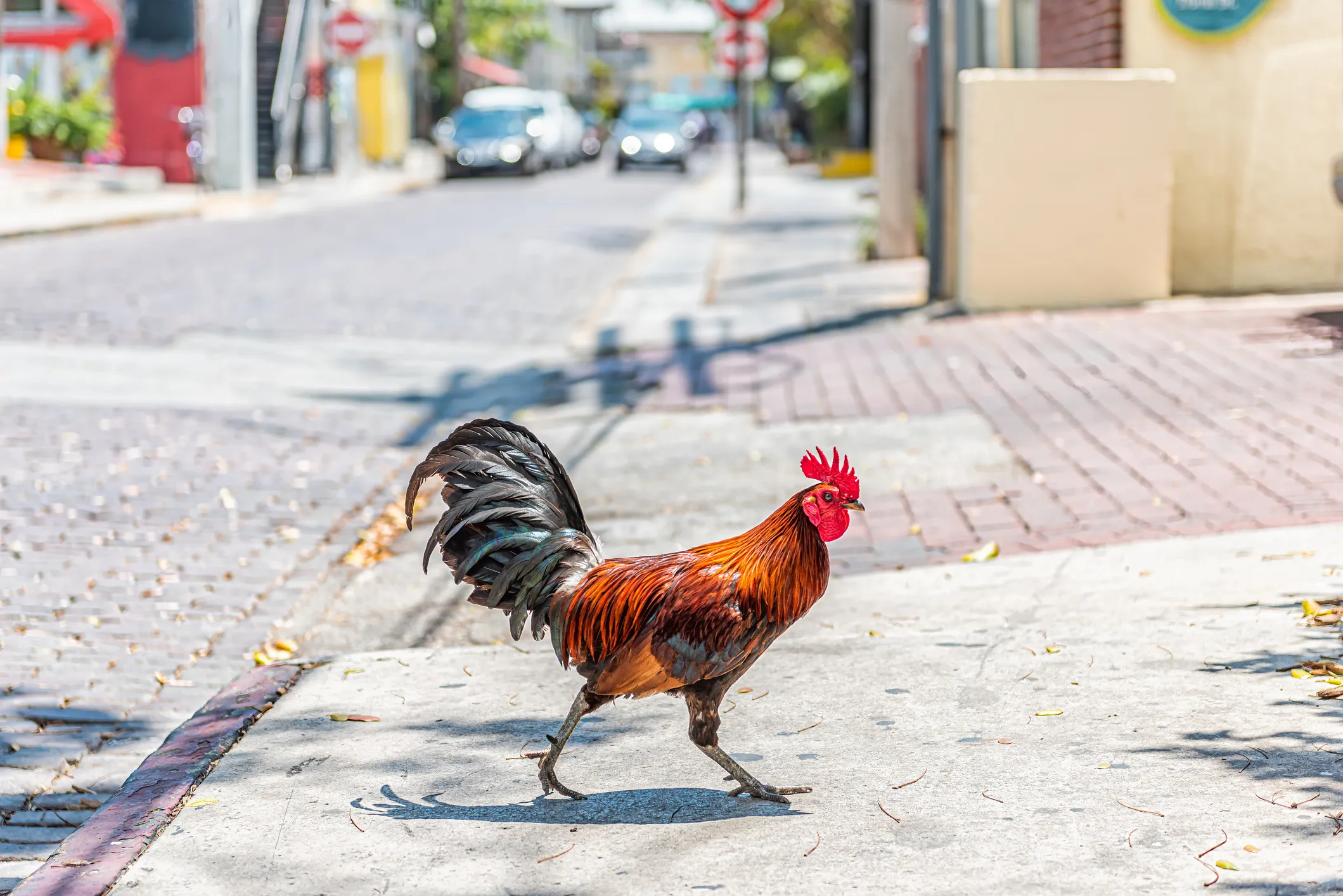Laws are passed because specific behaviors are desired or undesired by populations. Laws evolve as societies evolve and are usually kept up to date with changing times. However, some laws that have long since outlived their usefulness can remain on the books even though enforcement is unlikely.
Strange laws in Florida include some prohibitions left over from times gone by, as well as some more contemporary rules unique to particular communities. The Florida personal injury lawyers at Lytal, Reiter, Smith, Ivey & Fronrath work to ensure the laws are applied to benefit our clients and protect their rights.

Current Florida laws that might surprise you
Some places have laws you might not expect to suit a particular area or purpose. The following laws are currently enforced in various Florida cities.
You can now park your truck in the driveway but can’t park on your grass in Cape Coral
Not long ago, Cape Coral did not permit commercial vehicles – including pickup trucks – to park in residential driveways or along the street in residential zones for more than 2 hours in any 24-hour period if the vehicle was not parked in the area for a commercial purpose. Commercial vehicles had to be in a garage or under a carport.
The laws were changed in 2020 and now allow commercial vehicles of certain types to park in residential driveways overnight. But the new laws also added a prohibition against parking on residential lawns by any vehicle.
Don’t mess with a chicken when you’re in Key West
Chickens roam freely in Key West and can be found almost everywhere on the small island. Key West has a long history with ‘gypsy’ chickens, and the birds play a significant role in the island’s identity and culture.
Ordinances declare the entire city as a sanctuary for birds and make it unlawful to harm or in any manner destroy birds within the city limits.
Keep feisty Fluffy inside when the mailman comes in Destin
In Destin, the owner of a ‘bad cat’ or ‘bad rooster’ can be fined for public nuisance if either animal should chase any person (without being provoked) with an attitude of attack or in a vicious or terrorizing manner.
Strange laws in Florida: Sorting fact from fiction
Some old Florida laws still exist that leave us scratching our heads in disbelief – and others, perhaps started as rumors, never existed at all. Following are some examples of laws that would be more than a little ridiculous if they were enforced today.
No singing while wearing a swimsuit in Sarasota
This one is popular on other lists of weird laws in Florida. If there was some prohibition against singing in a swimsuit, it likely had to do with noise regulation. At the present time, the Sarasota Code of Ordinances prohibits ‘singing’ but only if it disturbs the peace, quiet, and comfort of others. There is no mention of any prohibited attire.
It is illegal to bathe while nude
This law is not as weird as it sounds unless taken out of context. For instance, in Pompano Beach, the city’s offenses against morals include ‘bathing in a nude condition’ but only outdoors or in a public place within the city limits.
Unmarried women cannot parachute on Sundays
This still circulates as an antiquated but active law in Florida – though no authority is ever given to support it. A New York Times article from 2005 talking about the need to get rid of outdated laws affecting women refers to the law as having been ‘struck down’ in Florida – suggesting the law existed at one time but is no longer active.
You need a driver’s license to ride a skateboard in Florida
You may see this floating around on various blogs about strange laws in Florida. This one is just not true. Skateboarders are considered pedestrians in Florida and therefore need no license to operate a skateboard. However, skateboarders are required to obey the same traffic laws as pedestrians.
How to know you can trust legal information you find online
There will be many sources when you are looking for information online. It can be hard to determine which information is accurate and which may have been repeated from another inaccurate source. You may hear or read that something is a law, but as a general rule, if you cannot independently verify it with a credible source (like a .gov domain), then it may not be true.
At Lytal, Reiter, Smith, Ivey & Fronrath, we’ve been representing persons injured in accidents in Florida for more than 35 years. We stay informed of changes in the laws to give our clients every legal advantage. If you or a loved one have questions after being injured in an accident, contact our office for a free phone consultation.



